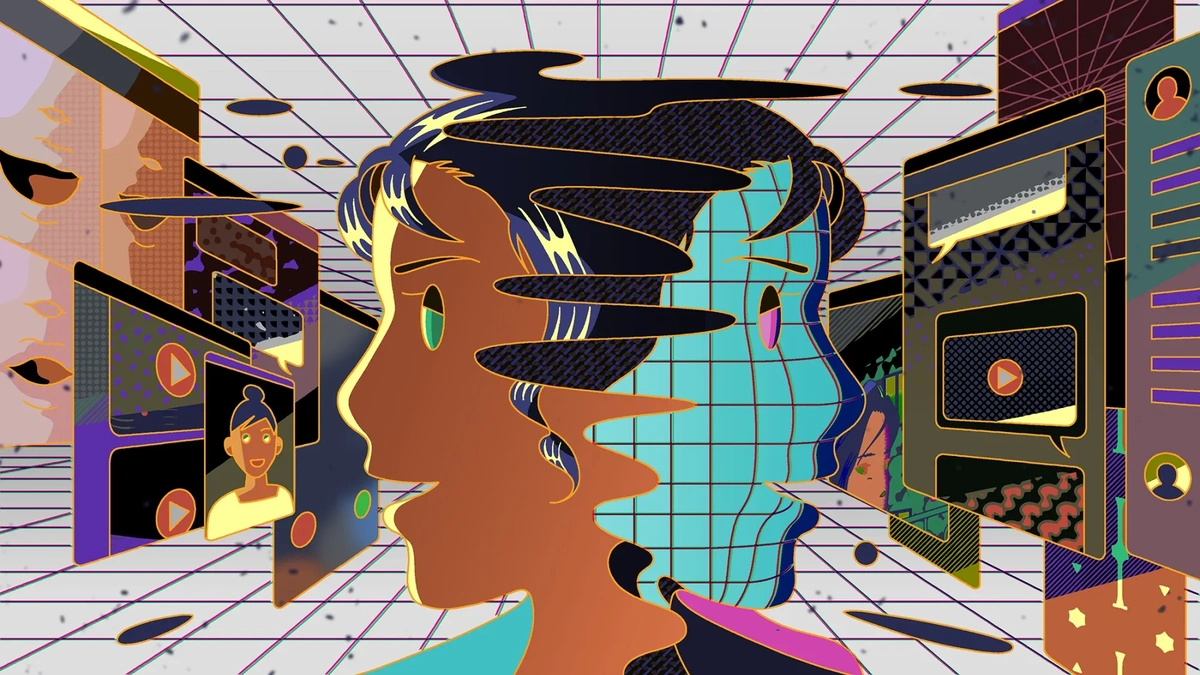Deepfakes. They used to be the stuff of science fiction, right? Now, they’re not just a Hollywood special effect; they’re a very real threat to trust, security, and even our sanity. But here’s the thing: what if there was a way to fight back? That’s exactly what Secured Signing is aiming for with their new Realify technology . Let’s dive into why this matters, and how it could change the game.
The Deepfake Dilemma | Why Should I Care?

Okay, let’s be honest. You might be thinking, “Deepfakes? Sounds like a problem for politicians and celebrities.” And yeah, they’re definitely targets. But deepfake fraud extends far beyond that. Imagine this: you’re applying for a loan, and the bank uses AI to verify your identity. But a fraudster creates a deepfake of you, using your stolen data. Suddenly, you’re on the hook for a loan you never took. Scary, right?
That’s the power – and the danger – of deepfakes. They erode trust in everything we see and hear online. And that’s a problem for everyone, from businesses trying to verify customer identities to individuals just trying to avoid scams.
Realify | A Potential Shield Against the Digital Deception
So, how does Realify work? It’s essentially a sophisticated verification tool designed to detect manipulated video and audio. According to Secured Signing, it uses advanced AI algorithms to analyze facial movements, speech patterns, and even subtle inconsistencies in lighting and background. The goal? To flag anything that seems… off. It’s like having a digital lie detector for videos. Secured Signing has built the tool on years of experience of digital signatures. Think of Realify as a high-tech bouncer at the door of the digital world, keeping the deepfake troublemakers out.
How Realify Could Impact Businesses and Individuals
Here’s where things get interesting. Realify isn’t just about preventing fraud; it’s about building trust. For businesses, that means more secure transactions, reduced risk of identity theft, and improved customer confidence. Think about online banking, insurance claims, or even remote job interviews. Realify could add an extra layer of security, ensuring that the person on the other end is who they say they are.
And for individuals? It could mean peace of mind. Knowing that the videos and audio you’re seeing are more likely to be authentic can help you make better decisions, avoid scams, and protect your identity. Consider how it could revolutionize remote notarization; this technology can provide an added layer of confidence.
But, and this is a big but, no technology is perfect. Deepfake technology is constantly evolving, so any detection system needs to keep up. Secured Signing will need to continuously refine Realify’s algorithms to stay ahead of the curve. Think of it as an ongoing arms race between the good guys and the bad guys of the digital world.
The Future of Authentication | Beyond Passwords
What fascinates me is where this is all heading. Realify is just one piece of the puzzle. As deepfakes become more sophisticated, we’re going to need more sophisticated ways to authenticate identities. We might see a shift away from traditional passwords and towards biometric authentication, like facial recognition and voice analysis. We could even see the rise of decentralized identity systems, where individuals have more control over their own data and can verify their identities without relying on centralized authorities. And, it will be interesting to see if this technology will affect the gaming industry in a positive way.
According to a report by Grand View Research, the global biometric authentication market is expected to reach $55.42 billion by 2028. That’s a lot of money, and it shows just how seriously businesses are taking the threat of identity fraud. The rise of deepfakes will only accelerate this trend.
The Importance of Staying Informed
So, what’s the takeaway? Deepfake fraud is a growing problem, and we all need to be aware of it. Secured Signing’s Realify is a promising step in the right direction, but it’s not a silver bullet. We need to stay informed, be skeptical of what we see online, and demand better security measures from the companies we trust with our data.
The fight against deepfake fraud is going to be an ongoing battle, but it’s a battle we can’t afford to lose. Our digital future depends on it.
In conclusion, I believe that this anti-deepfake solution from Secured Signing is important, but that a more critical thing is for the end user to be aware, and critical about the media they are consuming.
FAQ
What exactly are deepfakes, anyway?
Deepfakes are videos or audio recordings that have been manipulated using artificial intelligence to replace one person’s likeness with another. They can be used to create convincing fake videos of people saying or doing things they never actually did.
How can I tell if a video is a deepfake?
It can be tough! Look for inconsistencies in facial movements, unnatural blinking, or strange lighting. Also, be skeptical of videos that seem too good to be true, or that promote a particular agenda.
What if I think I’ve been targeted by a deepfake?
Report it to the appropriate authorities, such as the police or the platform where the deepfake was posted. Also, consider contacting a lawyer to discuss your legal options.
Is Realify the only solution to deepfake fraud?
No, there are other technologies and strategies being developed to combat deepfakes. These include blockchain-based authentication systems and improved video analysis techniques.
What’s the role of AI in fraud detection?
AI plays a huge role. Algorithms can be trained to spot the subtle anomalies and patterns that humans might miss, making it much easier to identify deepfakes and other forms of digital fraud. The emergence of AI has changed how security is handled.
How can businesses use Realify?
Businesses can integrate Realify into their existing verification processes to add an extra layer of security. This can help prevent fraud, protect customer data, and build trust.




